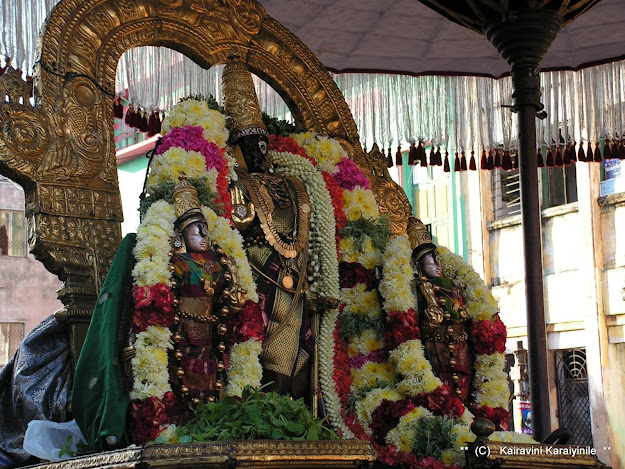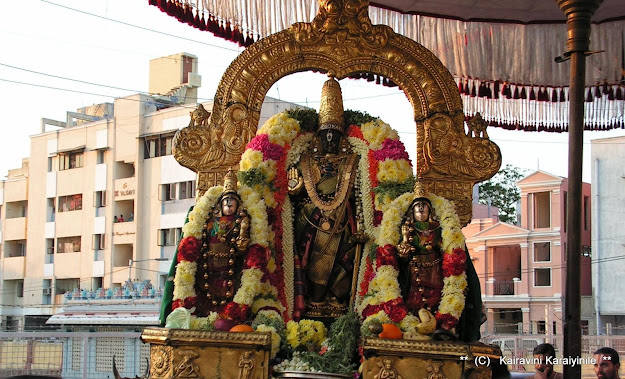The year 2020 started on
an ordinary note and sooner turned virulent – the Virus has taken over the
Globe and the whole World is undergoing untold suffering ! but is 2020 the
worst year ever ? – there have been bad influences like Spanish flu, Economic
crisis, World War and more .. ..
The monsoon season has
arrived in South Asia and has already ravaged large swathes of farming and
urban areas, leaving millions who were already suffering the effects of the
COVID-19 pandemic in financial ruin.
Approximately 10 million
people in India, Bangladesh, and Nepal have been affected by monsoon floods in
2020, the worst flooding since 1998. It is
stated that Bangladesh is badly affected with One-third of Bangladesh underwater
after torrential rains caused 53 rivers to overflow in June, when Bangladesh
was just beginning to recover from the devastation left by Cyclone Amphan in
May.
Miles away, Afghans pushed
out of work by the coronavirus pandemic after businesses and schools were
shuttered have turned to opium cultivation for cash during this year's poppy
harvest. Afghanistan has long been the
world's top grower of opium, producing more than 80 per cent of the global
supply and providing hundreds of thousands of jobs in the perennially
cash-strapped economy. A coronavirus
lockdown and travel restrictions saw trade grind to a halt and many businesses
were forced to lay off staff, in a conflict-riven country where stable jobs are
already rare.
A dozen years ago ! – 2008
too faced difficulties. It was a leap year starting on Tuesday of the
Gregorian calendar, the 2008th year of the Common Era (CE), the 8th year of the
3rd millennium, the 8th year of the 21st century, and the 9th year of the 2000s
decade. Jan 21 was Black Monday in
worldwide stock markets. FTSE 100 had its biggest ever one-day points fall,
European stocks closed with their worst result since 9/11, and Asian stocks
drop as much as 15%.
United Nations General
Assembly proclaimed 2008 as the International Year of Languages, pursuant to a
resolution of UNESCO. The official
languages of the United Nations are the six languages that are used in UN
meetings and in which all official UN documents are written. In alphabetical
order, they are: Arabic (Modern Standard Arabic); Chinese (Mandarin Chinese in
simplified Chinese characters); English (British English with Oxford spelling);
French; Russian & Spanish. The year
was also declared as the International Year of the Potato by the
United Nations, noting that the potato is a staple food in the diet of the
world’s population, and affirming the need to focus world attention on the role
that the potato can play in providing food security and eradicating poverty.
More impacting was the
financial Crisis, also known as the
global financial crisis (GFC), was a severe worldwide financial crisis. Excessive
risk-taking by banks combined with the bursting of the United States housing
bubble caused the values of securities tied to U.S. real estate to plummet,
damaging financial institutions globally, culminating with the bankruptcy of
Lehman Brothers in Sept 2008, and an international banking crisis. U.S. home mortgage debt relative to GDP
increased from an average of 46% during the 1990s to 73% during 2008, reaching
$10.5 trillion. Lack of investor
confidence in bank solvency and declines in credit availability led to plummeting
stock and commodity prices in late 2008 and early 2009. In Oct 2008, the US Senate passed the $700
billion bailout bill, now called the Troubled Asset Relief Program. The program
was initially designed to purchase toxic mortgages from banks, freeing up cash
for more loans, but it took too long to implement.
Just as people bounced back and economies and Nations returned back to better positions, we hope and pray that 2020 too becomes a thing of the past and that globally people are able to recoil back to normalcy. Reference to year 2008 is just incidental and today’s photos are of Sri Parthasarthi Perumal periya mada veethi purappadu on 17.02.2008.
அன்பாழியானை அணுகென்னும், நாஅவன்றன்
பண்பாழித் தோள் பரவியேத்தென்னும்,
- முன்பூழி
காணானைக் காணென்னும் கண் செவிகேளென்னும்
பூணாரம் பூண்டான் புகழ்.
எம்பெருமானிடத்தில் ஈடுபட்டு, அவனையே நினைத்து உருகி அவனுக்கு பணிசெய்வதையே நினைக்கும், பகவத்பக்தியே வடிவெடுத்தது போன்றிருக்கிற எனது நெஞ்சானது,
திருக்கரங்களில் திருவாழி எனும் சங்கை ஏந்திய ஸர்வேச்வரனை, அடைந்து அனுபவி’ என்று எனக்கு
உபதேசிக்கின்றது ! வாக்கானது, அப்பெருமானது
ஸெளந்தர்ய ஸாகரமான திருத்தோள்களைப் பேசித்துதி என்று உபதேசிக்கின்றது; கண்களானவை, நாம்
தன்னை வந்து ஆச்ரயிப்பதற்கு முன்பிருந்த காலத்திலுள்ள விபரீத நிலைமையை நெஞ்சாலுமெண்ணாத
பெருமானை ஸேவி என்று உபதேசிக்கின்றன; காதுகள்
- ‘ ஆபரணமான ஹாரம் முதலியவற்றை அணிந்து கொண்டிருக்கிற அப்பெருமானுடைய திருக்குணங்களைக் கேள்’ என்று தூண்டுகின்றன. இவ்வாறாக மெய்யின் ஒவ்வொரு
அங்கமும் எம்பெருமானை சென்று அடைவதையே குறிக்கோள் கொண்டு உபதேசிப்பதாக உணர்ந்து பெருமையுடன்
உரைக்கிறார் நம் பொய்கை ஆழ்வார்.
ஊழி என்று காலத்துக்குப்பெயர்: முன்புள்ள காலத்தைக் காணாதவனென்றால்
என்ன தாற்பரியம்? மஹாபராதியான ஒரு சேதநன்
வந்து தன்ளை ஆச்ரயித்தால், நேற்றுவரையில் அவன் எப்படியிருந்தான், என்னென்ன பாபங்கள்
பண்ணினான் என்று முற்கால நிலைமைகளைச் சிறிதும் ஆராயாதவன் எம்பெருமான் என்று தாத்பரியம்.
.
Mamandur Veeravalli Srinivasan Sampathkumar
4.9.2020.
பாசுர விளக்கம் : கட்டற்ற சம்பிரதாய
கலை களஞ்சியம் : திராவிட வேதா இணையம்.














No comments:
Post a Comment